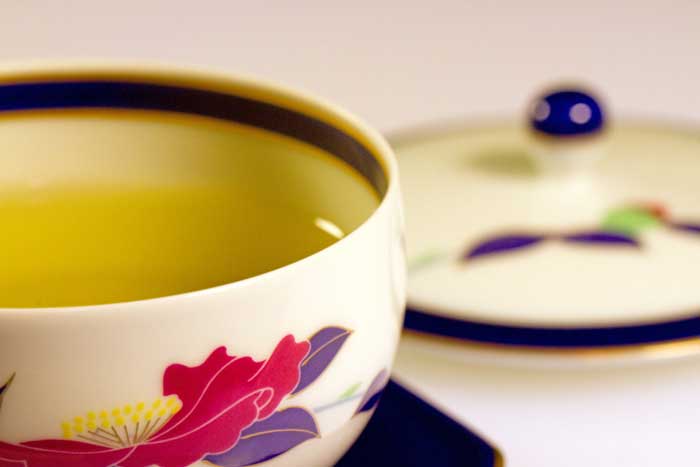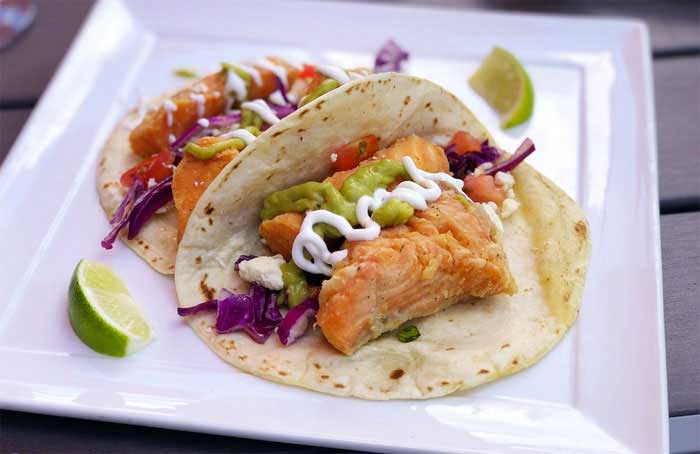Whiter teeth are admired and coveted by the whole world. White teeth make your smile shine bright and it gives the impression of cleanliness.
Teeth get yellow because of different reasons, including genetics, what kind of food and drink you consume, and your oral hygiene. A tooth consists of four tissues. Enamel is the strong white tissue that covers and protects the tooth. A second layer is called dentin, which holds the enamel and is a hard yellow material that encompasses nerves. A third layer is the pulp, which is at the center of the tooth and contains blood and lymph vessels. The last one is the cementum, which covers the root of the tooth.
The enamel and dentin layers are responsible for the color of the teeth. While some drinks and food may stain the enamel, the decisive factor is the erosion these elements have on the layer over time. While most remedies focus on whitening teeth that have already lost some white enamel, it's also important to take measures in order to protect the enamel and hinder further erosion.
Baking soda
One famous natural remedy is baking soda. Since baking soda - sodium bicarbonate - is an abrasive compound that can remove the stains that are caused by drinking coffee, tea, smoking, among others, and the debris on the surface of the teeth. Therefore, after the treatment, teeth appear to be whiter and brighter.
Baking soda can be used with water to scrub away the stains on the surface of the teeth. If you want to heighten the whitening effects you can use the baking soda with some hydrogen peroxide. You can also use baking soda with regular toothpastes. In fact, bicarbonate is used commercially in some teeth whitening products and toothpastes.
Baking soda is not only useful as a cheap whitening method, but it can also neutralize and counteract bacterial acids in the mouth too. Additionally, due to its abrasive properties, it can remove plaque which leads to tooth decay and gum disease.
Coconut oil rinse
A coconut oil rinse has been traditionally used to whiten teeth. Coconut oil whitens your teeth because of the lauric acid it contains, which cleanses your teeth of the bacteria found in plaque that can make them yellow. Apart from its whitening properties, by ridding your teeth of the bacteria found in plaque, it also enhances gum health and keeps your breath fresh.
For this, you need about a tablespoon of coconut oil. Before you brush your teeth in the morning, scoop out a tablespoon of coconut oil. You can either put it straight in your mouth or soften it first. Push, swish, and pull the oil through and around your teeth for 10 to 15 minutes. After that time, you can spit it out, rinse with water and proceed to brush your teeth.
Oral hygiene
If you brush your teeth after eating or drinking, your teeth will be whiter. This is hard to achieve as sometimes you eat outside of home and you don't have access to a toothbrush. However, if you are persistent and try to brush your teeth as often as you can, then your teeth will probably be white.
Apple Cider Vinegar
Apple cider vinegar is not only a natural antibiotic and teeth/gum cleanser, but it also helps to remove stains on the teeth, particularly the ones caused by common culprits such as coffee and nicotine (smoking). Studies show that ACV works as well as professional teeth whitener.
The secret of ACV is that it contains acetic acid, potassium, magnesium, probiotics and enzymes, which kill germs and at the same time foster the growth of beneficial “good” probiotic bacteria. Due to its acidic nature, it also helps break down plaque and other substances stuck on the teeth. The pH of apple cider vinegar can remove stains from your teeth, and therefore whitens your teeth naturally.
The key to whitening your teeth with ACV is being consistent. You have use it for at least a month before you can see results. Although it is a natural product, you must be gentle, since it contains so many acids, it can remove the enamel on your teeth if you brush too hard or use too much. Make sure you brush your teeth with regular toothpaste after brush with ACV. Rinse your mouth out well.
Here are some of the reasons your teeth turn yellow, beige or brown: drinking coffee or tea, smoking cigarettes, thinning tooth enamel due to aging, a poor diet (consuming processed foods high in acid, including soft drinks/soda, candies or certain fruits; some supplements can also damage enamel due to their high content in acids), suffering from dry mouth (less saliva means less protection for enamel), breathing through your mouth due to blocked nasal passages (this results in less saliva and prevents the teeth from getting moisturized), antibiotic use, excessive fluoride intake, and genetic factors.




